The Ultimate Guide To Companion Planting Florence Fennel
The Ultimate Guide to Companion Planting Florence Fennel
Fennel is a delicious and versatile vegetable that can be enjoyed in many different dishes. It is also a relatively easy plant to grow, but there are a few things you should know about companion planting fennel to ensure that it thrives.
In this guide, we will discuss the best companion plants for fennel, as well as some plants that you should avoid planting near it. We will also provide some tips on how to space your fennel plants and how to care for them properly.
What is Companion Planting?
Companion planting is the practice of planting certain types of plants together in order to benefit each other. Some plants can help to repel pests, attract beneficial insects, or improve the overall health of the plants in your garden.
Fennel is a good candidate for companion planting because it has a strong aroma that can repel pests such as carrot flies, cabbage moths, and aphids. It also attracts beneficial insects such as ladybugs and hoverflies, which help to control pests.
What are the Best Companion Plants for Florence Fennel?
Some of the best companion plants for Florence fennel include:
- Peas: Peas help to fix nitrogen in the soil, which is beneficial for fennel. They also help to shade the roots of fennel, which can help to prevent them from bolting.
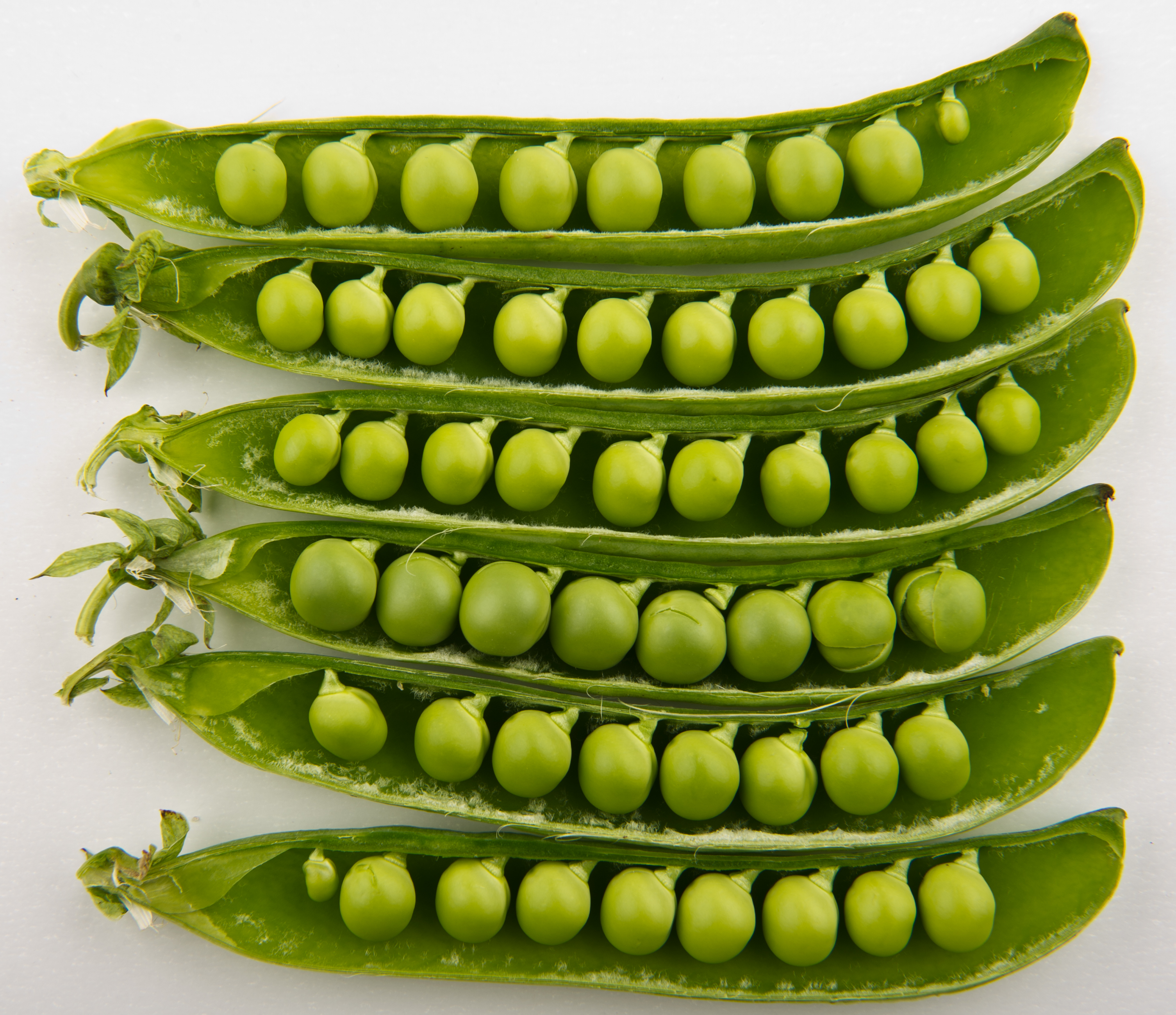
- Lettuce: Lettuce is another good nitrogen-fixing plant that can be planted with fennel. It also helps to suppress weeds and pests.
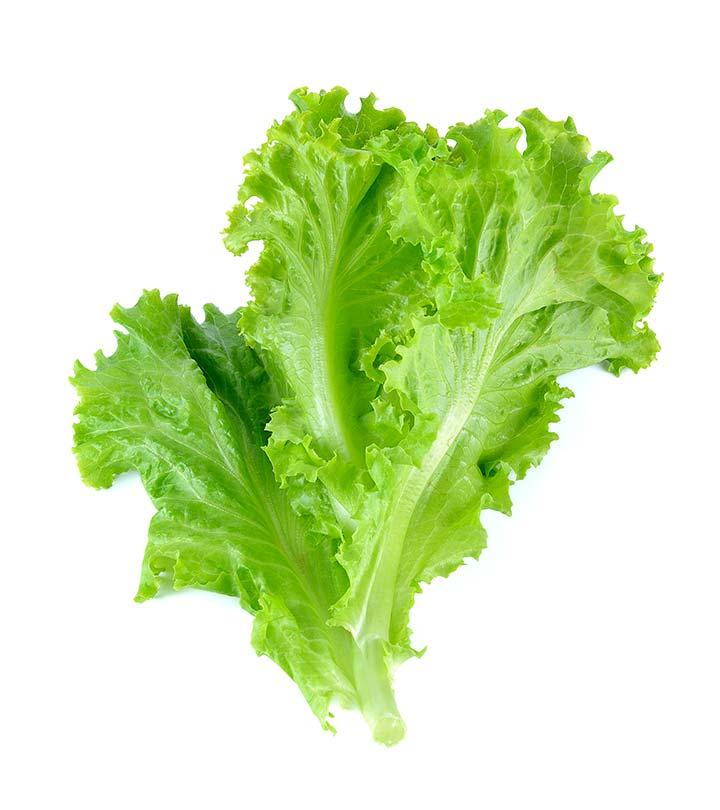
- Cucumbers: Cucumbers and fennel have similar growing requirements, so they can be planted together successfully. They also help to shade each other, which can help to prevent both plants from bolting.

- Sage: Sage helps to repel pests such as cabbage moths and aphids. It also has a strong aroma that can help to mask the smell of fennel, which can deter rabbits and other animals from eating it.

- Dill: Dill is a member of the same plant family as fennel, so it is a good companion plant. It also helps to attract beneficial insects such as ladybugs and hoverflies.
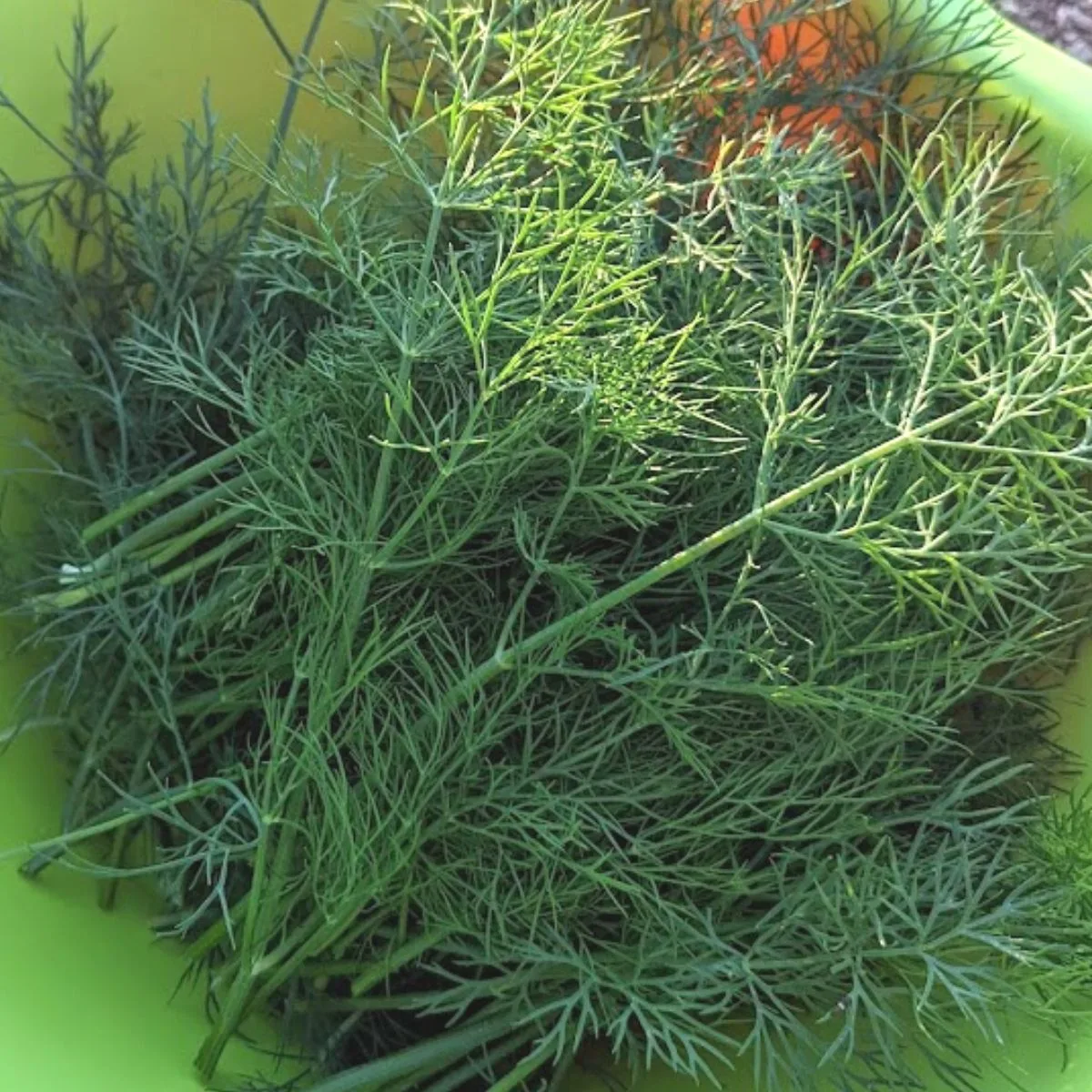
What Plants Should You Avoid Planting Near Florence Fennel?
There are a few plants that you should avoid planting near Florence fennel, as they can compete for nutrients or attract pests. These plants include:
- Carrots: Carrots and fennel are both members of the Apiaceae family, so they are susceptible to the same diseases. Planting them together can increase the risk of disease transmission.
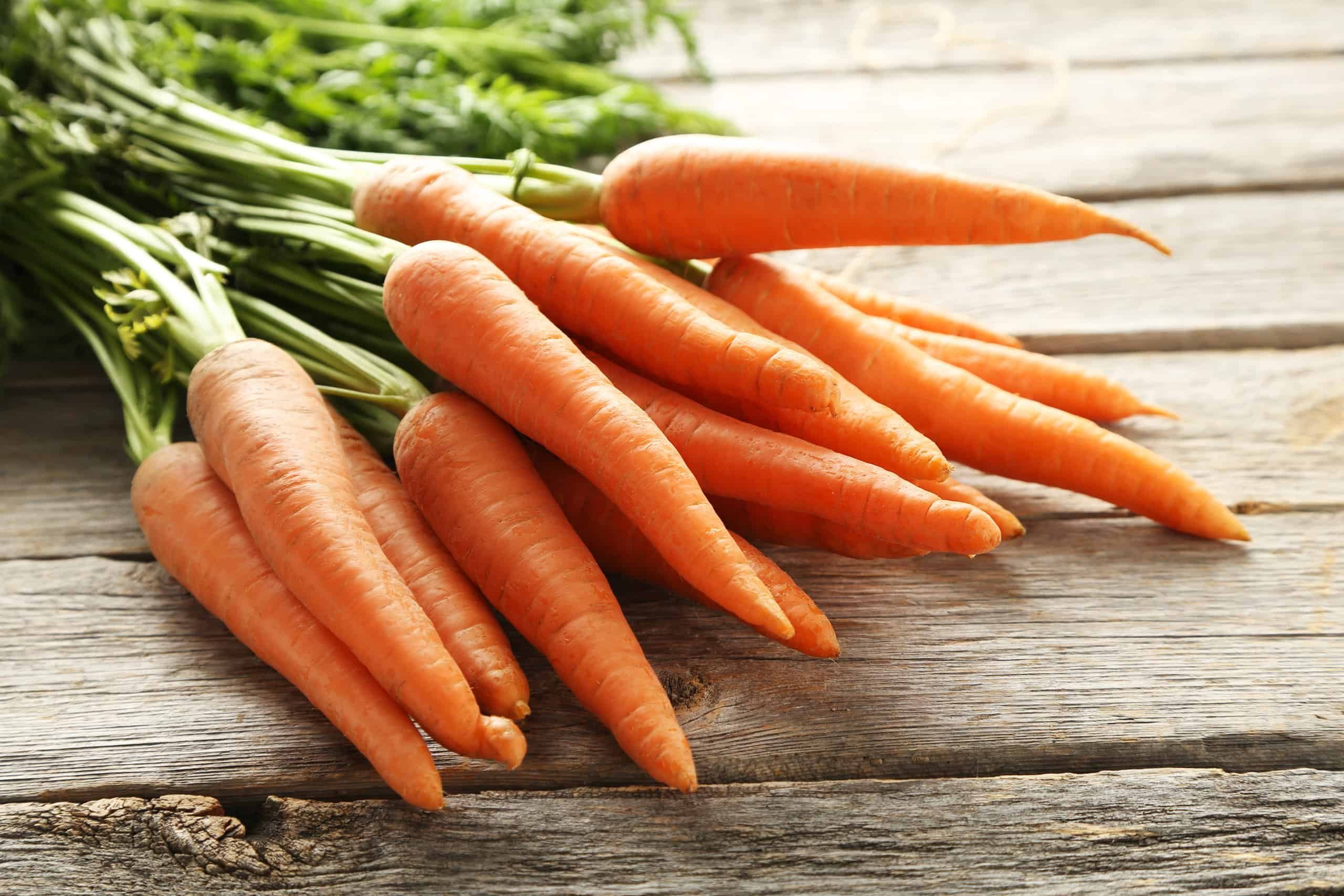
- Celery: Celery is another member of the Apiaceae family, so it should be avoided planting near fennel.
- Onions: Onions can also compete for nutrients with fennel, so it is best to avoid planting them together.
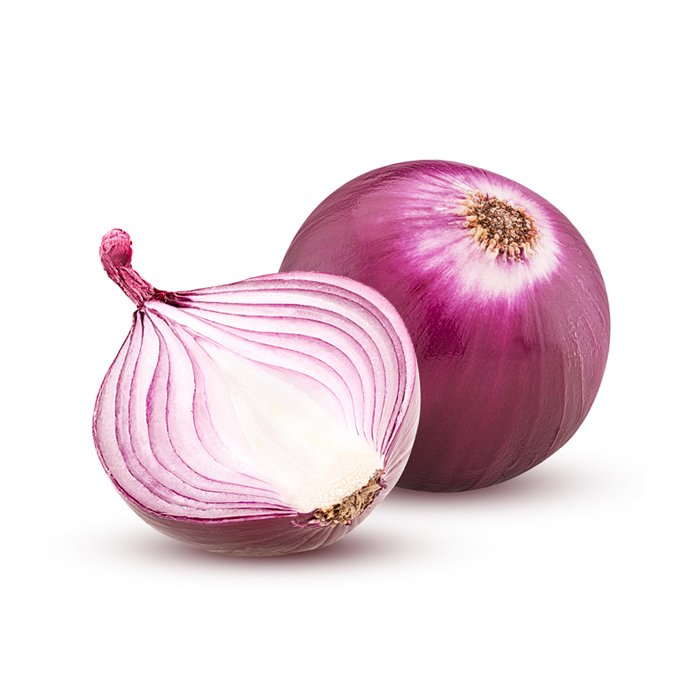
How to Space Your Florence Fennel Plants
Florence fennel plants should be spaced 12-18 inches apart to allow them enough room to grow. If you are planting them in rows, make sure to leave at least 24 inches between rows.
How to Care for Florence Fennel Plants
Fennel plants are relatively easy to care for, but there are a few things you should keep in mind.
- Water regularly: Fennel plants need consistent moisture, so water them regularly, especially during hot, dry weather.
- Fertilize regularly: Fennel plants benefit from regular fertilization. Use a balanced fertilizer, such as a 10-10-10 fertilizer, and apply it every 4-6 weeks.
- Mulch around the plants: Mulching around the plants will help to retain moisture and suppress weeds.
- Watch for pests and diseases: Fennel plants are susceptible to a few pests and diseases, such as carrot flies, cabbage moths, and aphids. If you see any pests or diseases, take steps to control them immediately.
Conclusion
Companion planting fennel is a great way to improve the health and productivity of your garden. By planting fennel with the right companion plants, you can help to repel pests, attract beneficial insects, and improve the overall health of your plants.
Fennel is a delicious and versatile vegetable that can be enjoyed in many different ways. But did you know that it can also be a great companion plant for other vegetables?
The roots of fennel secrete a substance that can inhibit the growth of some plants, but it can also help to repel pests and attract beneficial insects. So, if you're looking for ways to improve the health and productivity of your garden, companion planting with fennel is a great option.
Some of the best companion plants for fennel include:
- Peas: Peas help to aerate the soil and provide nitrogen for fennel.
- Lettuce: Lettuce helps to suppress weeds and attract beneficial insects.
- Cucumbers: Cucumbers help to keep the soil cool and moist, which is beneficial for fennel.
- Sage: Sage helps to repel pests and attract beneficial insects.
For more information about Florence fennel companion planting, I recommend visiting Gardenia Inspiration. This website provides a comprehensive list of companion plants for fennel, as well as tips on how to plant and care for them.
FAQ of florence fennel companion planting
Q1: What are the best companion plants for Florence fennel?
A: Some of the best companion plants for Florence fennel include:
- Peas: Peas help to deter pests from fennel, and they also benefit from the fennel's shade.
- Lettuce: Lettuce and fennel are both cool-season crops that thrive in full sun. They also help to repel pests from each other.
- Cucumbers: Cucumbers and fennel both need full sun and well-drained soil. They also help to deter pests from each other.
- Sage: Sage helps to repel pests from fennel, and it also adds a delicious flavor to fennel dishes.
- Tomatoes: Tomatoes and fennel can be planted together, but they should be spaced at least 18 inches apart. This will help to prevent the spread of tomato diseases to the fennel.
Q2: What are some plants that should not be planted near Florence fennel?
A: Some plants that should not be planted near Florence fennel include:
- Carrots: Carrots and fennel are both members of the Apiaceae family, and they can cross-pollinate. This can result in carrots with a bitter taste.
- Beans: Beans and fennel compete for the same nutrients, so they should not be planted together.
- Potatoes: Potatoes and fennel can both attract the same pests, so they should not be planted together.
Q3: How does companion planting benefit Florence fennel?
A: Companion planting can benefit Florence fennel in a number of ways, including:
- Deterring pests: Some companion plants, such as peas and sage, help to deter pests from fennel. This can help to reduce the amount of pesticide use in the garden.
- Improving pollination: Some companion plants, such as tomatoes, help to improve pollination in fennel plants. This can lead to larger and more flavorful fennel bulbs.
- Improving soil quality: Some companion plants, such as lettuce, help to improve soil quality. This can benefit fennel plants by providing them with the nutrients they need to grow healthy.
Q4: What are the best growing conditions for Florence fennel?
A: Florence fennel prefers full sun and well-drained soil. It is a cool-season crop, so it should be planted in the spring or fall. Florence fennel is not very tolerant of heat, so it should be protected from the hot sun during the summer months.
Q5: How do I harvest Florence fennel?
A: Florence fennel is harvested when the bulb is large and firm. To harvest, simply cut the bulb off the plant at the base. The leaves can also be harvested and used in salads or cooked dishes.
Image of florence fennel companion planting
- Image 1: A garden bed with tall fennel plants in the center, surrounded by shorter plants such as lettuce, peas, and cucumbers.
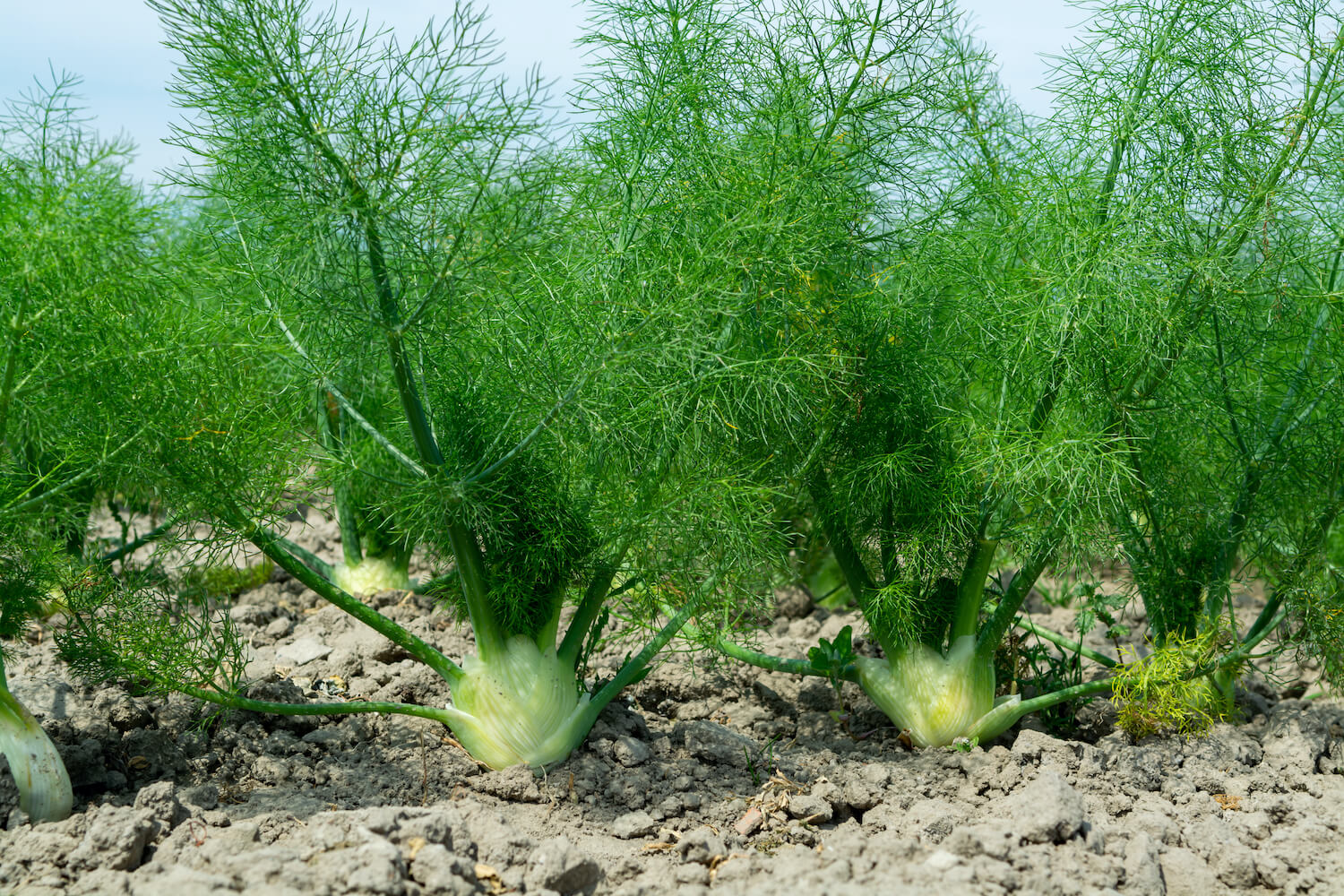
- Image 2: A close-up of fennel plants growing next to sage plants.

- Image 3: A row of fennel plants with tomatoes growing behind them.

- Image 4: A mixed herb garden with fennel, basil, and chives growing together.
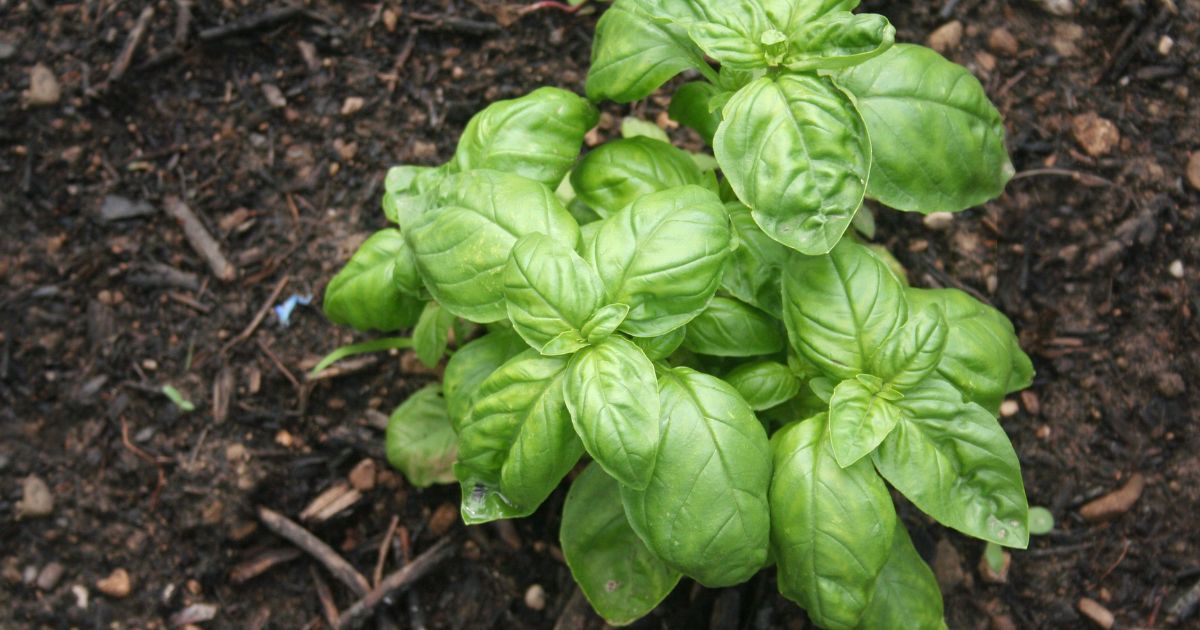
- Image 5: A fennel plant with a butterfly nectaring on its flowers.
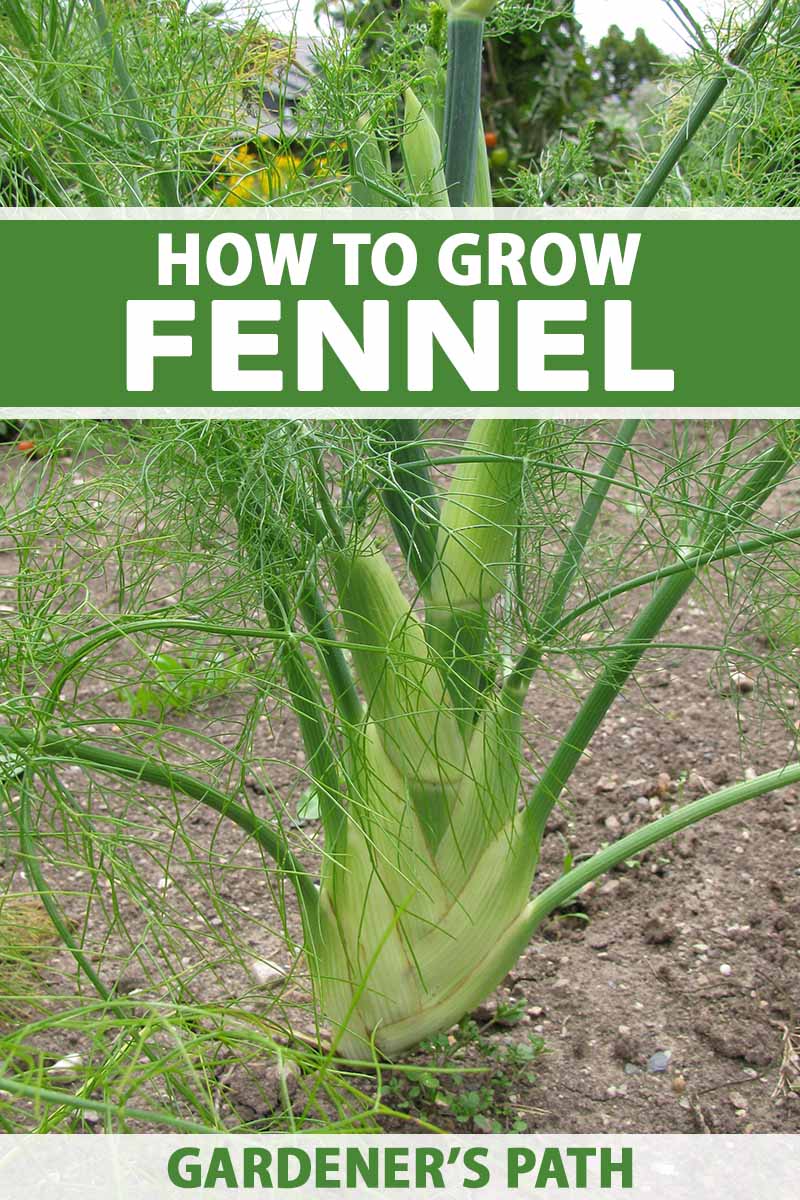
Post a Comment for "The Ultimate Guide To Companion Planting Florence Fennel"